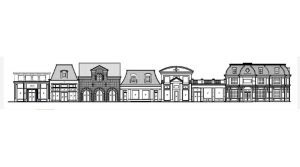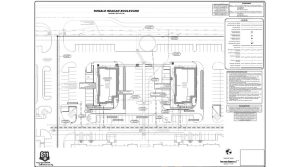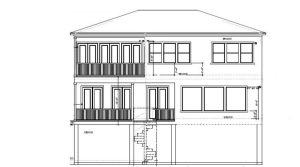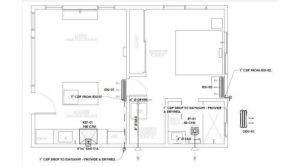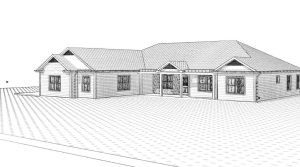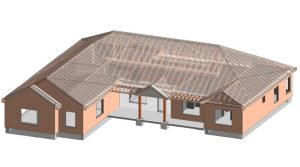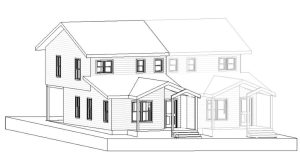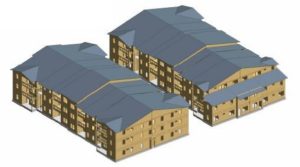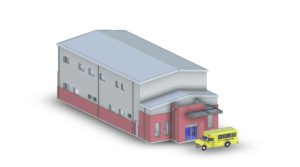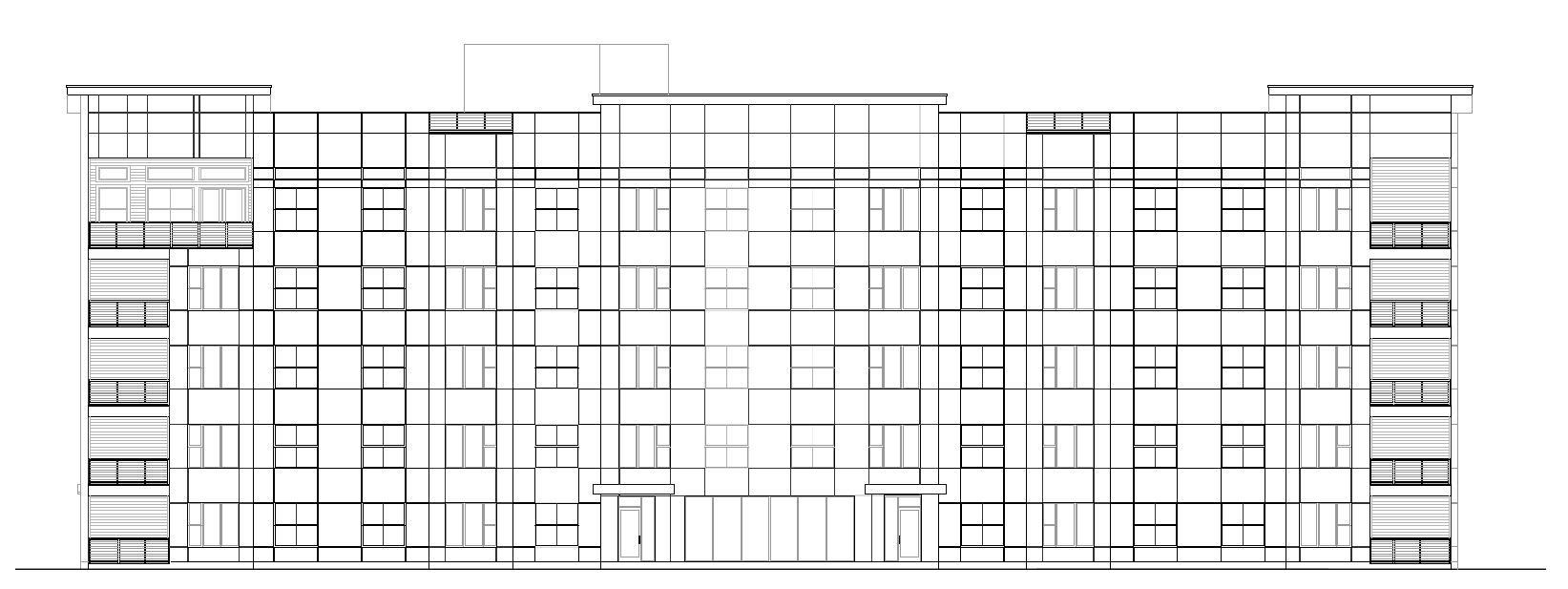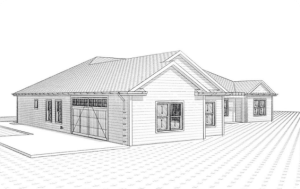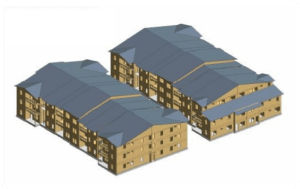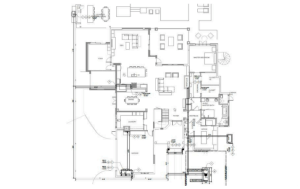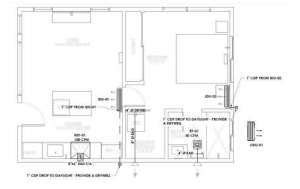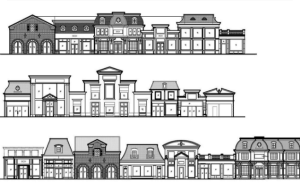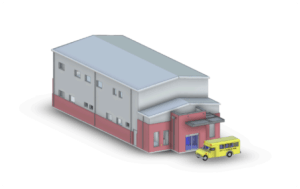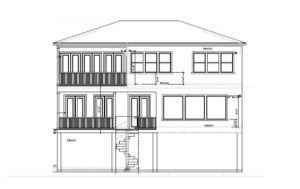Building a New Home? Here’s Why a Structural Engineer is Essential
Intro
Starting to build your dream home? It’s thrilling—from picking tile, to setting up your floor plan, to imagining walking through the front door on move in day. But one thing can’t be overlooked: making sure your home stands on a solid foundation—literally. That’s where a structural engineer for homes comes in. Smart structural engineering ensures your home is safe, durable, and built to last.
What Does a Structural Engineer for Homes Actually Do?
Think of them as the engineers behind the scenes of your beautiful home. They’re not simply looking at how many windows or how high the ceilings go—they’re digging deep into the bones of the house: the foundation, beams, columns, the very frame.
They ensure your home’s design translates into something strong, stable, and weather resistant. They’ll make sure everything meets local codes and is ready for real world forces like soil shifts, wind, even earthquakes.
Why Early Collaboration is Key in Your New Home Project
One of the smartest moves you can make? Bring a structural engineer in early in your build. When they work side by side with your architect and builder, three things happen:
• Your dream design meets practical reality (big open spaces, unique shapes, clever layouts become buildable).
• You save money—no last minute structural surprises that throw off budget or timeline.
• You reduce stress—less chance of change orders, re draws, or on the fly fixes.
Critical Areas Where Structural Engineering Prevents Problems
Foundation & Soil
A good engineer will assess your soil, design a foundation that works for your site and avoid long term settling or cracks.
Framing & Roof
They determine how the load gets carried from roof down to the ground—something that matters big time if you want high ceilings, large windows, or unusual angles.
Weather & Environmental Forces
Rain, wind, seismic activity—you don’t think about them when you pick your flooring, but your structural engineer does. They design for those forces.
Future-proofing
Thinking ahead for that deck, second story, or heavy solar panel system later? Good engineering accounts for that now, so you’re not limited later.
Code & Permitting
They deliver drawings that inspectors accept and city permitting officials sign off. It’s not glamourous, but it’s essential.
How GDI Engineering Supports Your New Home Build
If you choose GDI Engineering, you’re working with a team that offers MEP and structural design services—meaning everything is coordinated from the start.
• Tailored structural plans: Designed to fit your site, materials, and vision.
• Total coordination: Your structure won’t clash with plumbing, HVAC, or electrical.
• Built-in safety and efficiency: With licensed engineers on the job, you reduce risk and maximize quality.
• Long-term value: A strong structure lasts longer, needs fewer repairs, and adds resale appeal.
Learn more about GDI’s approach on their Our Services page.
Key Questions to Ask When Hiring a Structural Engineer for Homes
Before you sign on the dotted line, ask:
• Have you done many residential homes like mine?
• When will you join the team (early, middle, or after design)?
• Can I see past projects?
• How do you coordinate with architect and builder?
• Are you licensed in my state?
• Do your plans cover future additions or changes?
Picking the right structural engineer isn’t just a checkbox—it’s selecting someone who keeps your home standing strong for decades.
Conclusion
Your home is more than walls and finishes—it stands on a structure that must work perfectly. That’s why you need a structural engineer for homes and why structural engineering matters from day one.
With the right team—like GDI Engineering—you’re not just building a house, you’re building a home that lasts. So when you’re planning your next conversation with your architect, add this question:
“Who’s handling the structural engineering?”
Because when you get the bones right, everything else falls into place.





